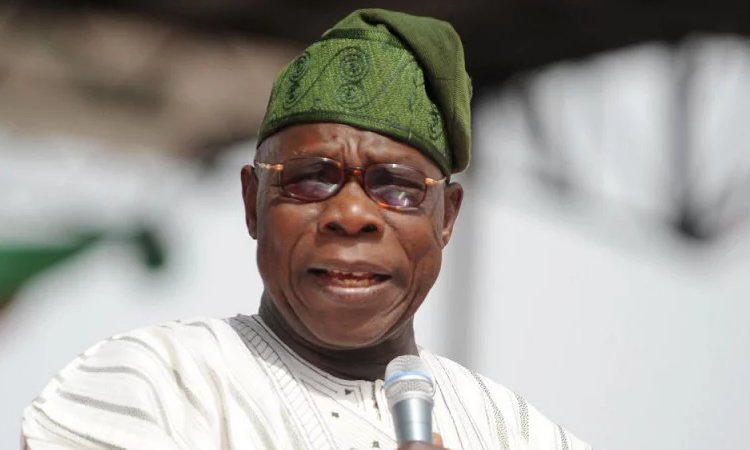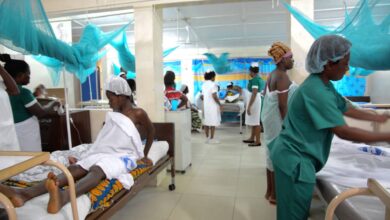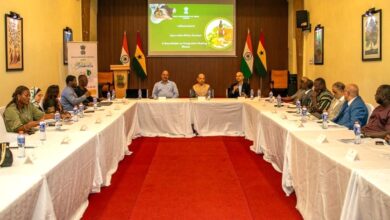Obasanjo Proposes Africa-Led Health Fund to End Reliance on Foreign Aid

Former Nigerian President Olusegun Obasanjo has called for the creation of a dedicated Africa Health Fund to finance health infrastructure and emergency responses across the continent without waiting on slow-moving foreign aid.
Speaking at the Africa Health Sovereignty Summit in Accra, Obasanjo said the fund would help African countries respond swiftly and independently to health emergencies, while also supporting long-term investments in healthcare systems.
Drawing from his experience as an African Union envoy to the Horn of Africa, Obasanjo recalled how delayed donor funding stalled critical interventions in Ethiopia and the Democratic Republic of Congo. “When I was handling the situation in Ethiopia, they were waiting for European money or American money before I could start. But when we started using the AU Peace Fund, things changed,” he said. “If we can do this for peace, we can certainly do it for health.”
He proposed modeling the health fund after the AU Peace Fund and suggested an initial $100 levy on international flights to and from Africa excluding intra-African travel to seed the fund. He recommended the African Development Bank as a suitable institution to manage it.
Obasanjo urged African governments to pursue additional innovative financing to grow the fund into a robust vehicle for both emergency response and long-term infrastructure. He emphasized that the fund should not replace global cooperation, but rather strengthen Africa’s negotiating position. “Our slogan should not be Africa Beyond Aid. It should be Africa Health Without Aid, but with global partnership and support,” he said.
Obasanjo also proposed that 25 percent of national health insurance funds be allocated specifically for infrastructure development, arguing that health should be seen not as a cost but as a strategic investment. “Health is not a drain on our resources. It is the foundation of our national security and development,” he said.
He also called for greater support for traditional medicine, integrated as part of community-level health strategies, and encouraged the continent to build on its hard-won lessons from battles with HIV/AIDS, Ebola, and COVID-19.
Former Ghanaian President John Dramani Mahama, who opened the summit, echoed Obasanjo’s sentiments. He called for an overhaul of the current global health framework, describing it as outdated and ill-suited to today’s multipolar world facing multiple intersecting crises including pandemics, climate shocks, and growing inequality.
“We are here by conviction, shared purpose, and a collective refusal to accept the limits imposed on us by an outdated global health order,” Mahama said.
He announced two key commitments: the formation of a Presidential High-Level Task Force on Global Health Governance, and the launch of the SUSTAIN Initiative, a continent-led effort to align national budgets with health priorities and scale up domestic investment.
Mahama emphasized that health must be viewed as a capital investment. “Africa must no longer be a passive recipient of solutions, but the author and architect of its own health destiny,” he said.
The summit is expected to conclude with the adoption of the Accra Compact, a roadmap for health sovereignty, and the official launch of the SUSTAIN initiative, which will mobilize both domestic and diaspora funding to drive health reforms across the continent.




